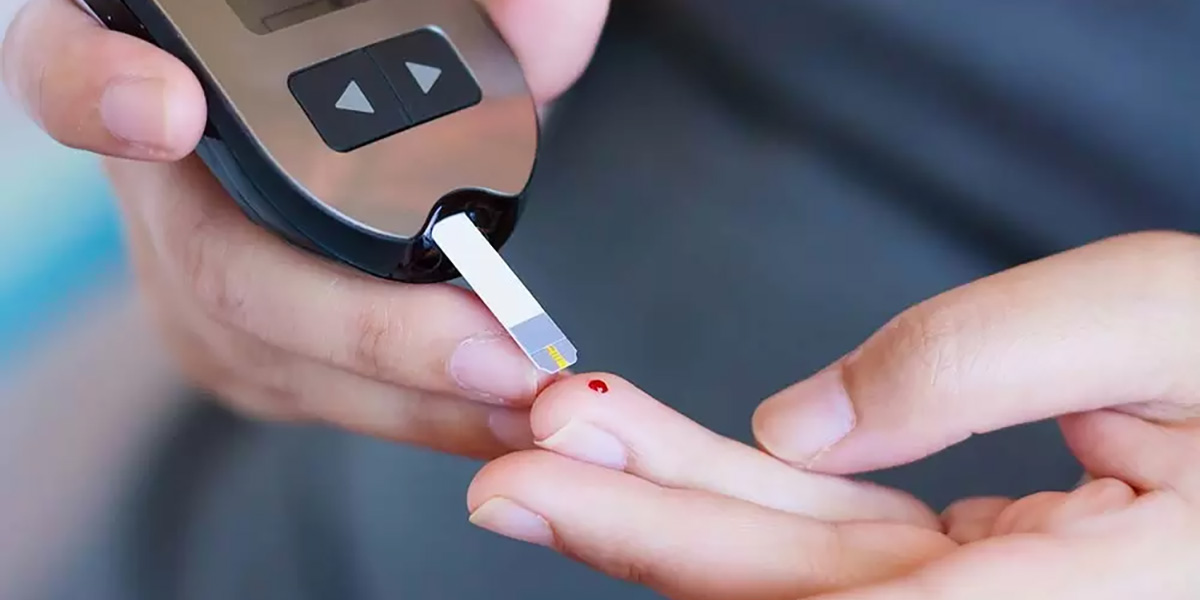Regular exercise is important for everyone, but exercise is especially beneficial for people with diabetes or prediabetes. In this blog we will tell you how to make the combination of exercise and diabetes a success.
Diabetes in numbers
More than one million Dutch people have diabetes. That number is growing by a thousand new cases every week. Ninety percent of them have type 2 diabetes, a form of diabetes that is influenced by factors such as obesity, age and heredity. Diabetes is one of the most common chronic diseases in the Netherlands and can lead to serious complications, such as cardiovascular disease, eye problems, kidney failure and amputations. Diabetes can have a negative impact on the quality of life of people with diabetes and their loved ones.
Diabetes and sports
Regular exercise helps to lower blood glucose and increase insulin sensitivity, thus combating insulin resistance. In addition, it also improves blood pressure, cholesterol levels, weight and well-being of people with diabetes. In addition, regular exercise can also reduce the risk of developing type 2 diabetes or delay its diagnosis. Exercise can also help you lose weight or maintain a healthy weight, which is important in diabetes management.
Challenges
Exercise and diabetes can be easily combined, but you must take a number of things into account. Here are some tips for healthy and safe exercise with diabetes:
- Measure your blood sugar level before, during and after exercise. This way you can see how your body reacts to the effort and whether you need extra carbohydrates or insulin.
- Eat healthy and sufficient carbohydrate-rich products to have and maintain enough energy during your training. Consider, for example, fruit, bread, crackers, muesli or yogurt.
- Adjust your medications or insulin to exercise. You can ask your doctor or diabetes nurse for advice. Exercising makes your body more sensitive to insulin, which means you can get a hypo more quickly.
- Always take quick sugars with you, such as sports drinks, grape sugar or syrup. This way you can quickly treat a hypo if it does occur.
- Always carry your medical information with you, for example in the form of an SOS wristband. This way, others know what to do if you get a hypo or hyper and are no longer approachable.
- Be careful with very strenuous exercise, such as endurance sports. Your blood sugar can suddenly rise or fall extremely, and that can be dangerous. But there are also top athletes with diabetes, so it is certainly possible. You do need good regulation and guidance.
- Do a good warm-up and cool-down to prepare and recover your muscles and circulation.
- Enjoy exercising and the fit feeling it gives you!
- Find a gym where you feel comfortable and where you... good, professional guidance gets. Don't forget to inform your sports instructor about your diabetes.
Knowing more?
Curious about how you can achieve sustainable results with diabetes by training just twice for 35 minutes every ten days, under the guidance of your own personal lifestyle coach? Then do the membership test and sign up for a free personal introductory meeting and tour of the club. Want to bet that you are immediately sold?
Tips & tricks about your health in your mailbox
Sign up below for the newsletter and receive free useful tips & tricks to achieve your health goals. You will also automatically receive an email as soon as we put a new blog post online!


